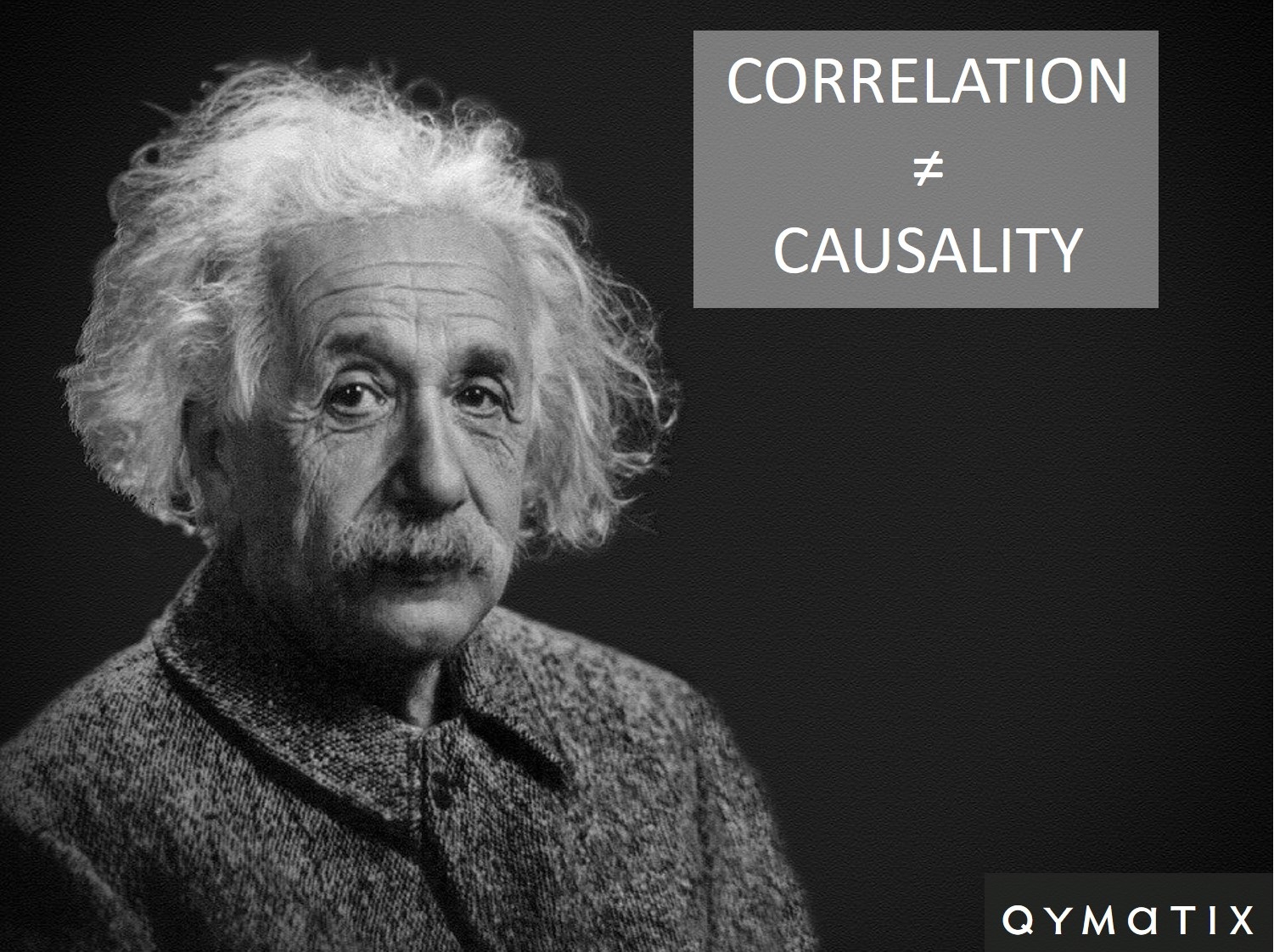Correlation does not equal causality – KPIs in Sales
Watch your step! Sales managers and managing directors in B2B confuse correlation and causality. Data-based decisions in sales are not always ad-hoc better than intuition. The reason for this is the frequent confusion between the terms causality…
The Most Important KPIs in Distribution and the Influence of AI
Key Performance Indicators (KPIs) are also used to manage companies in the retail and wholesale sectors. AI in the form of predictive analytics can establish correlations between individual KPIs and thus provide recommendations for action.…
Implementation of AI: Obstacles and Recommendations
Studies paint a picture of how things are going with the implementation of AI in companies. Obstacles are often a need for more human resources and a lack of support from management. Artificial intelligence (AI) is becoming increasingly…
The Ethics of Artificial Intelligence: Why AI Needs an Ethical Basis | Part 2
The Ethics of Artificial Intelligence: Part 2 of 2: an in-depth plea for an ethical basis in the field of AI by our Qymatix guest author David Wolf. If you want to read Part 1 first, click here. Ethics in Conversational AI: What should a bot…
The Ethics of Artificial Intelligence: Why AI Needs an Ethical Basis | Part 1
The Ethics of Artificial Intelligence: Part 1 of 2: a very well-researched and in-depth article by our Qymatix guest author David Wolf. Whether in production, marketing, sales or logistics - artificial intelligence optimizes processes and…
Five Strategies for Raising Prices in Wholesale
Price increases are a big topic right now. In this article, you will learn about five wholesale price increase strategies. Wholesale is also affected by global crises such as the Ukraine conflict and the Corona pandemic. On top of that, inflation…
Where AI already Supports Sales Today
Learn seven practical use cases where artificial intelligence is already supporting sales today. More and more companies are using AI to streamline processes in sales and hand over unpleasant tasks to algorithms. AI is therefore assistance…
Establishing Private Labels in the Wholesale sector: This is What Matters
The development of a private label can mean additional sales potential for wholesalers. But before this can happen, a few basic considerations are needed to ensure that the private label brand does not remain a slow seller. When wholesalers…
Predictive Sales Forecasting: Answers to 5 Questions of Salespeople
Why should we use predictive sales forecasts in sales? This article is aimed at anyone thinking of using AI for more efficient sales planning and sales management. Every Saturday morning, Mr. Meier visits the magazine store around the corner…
Correlation does not equal causality – KPIs in Sales
Watch your step! Sales managers and managing directors in B2B confuse correlation and causality. Data-based decisions in sales are not always ad-hoc better than intuition. The reason for this is the frequent confusion between the terms causality…








